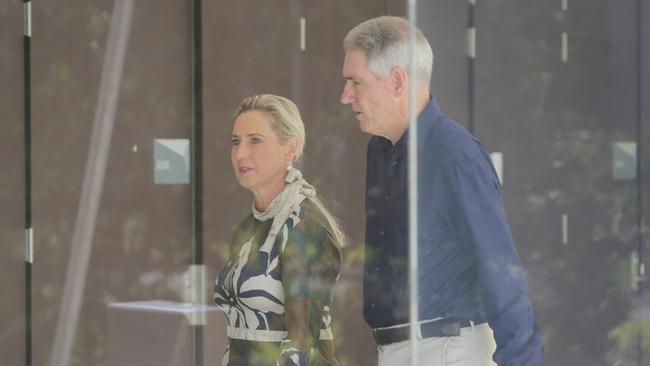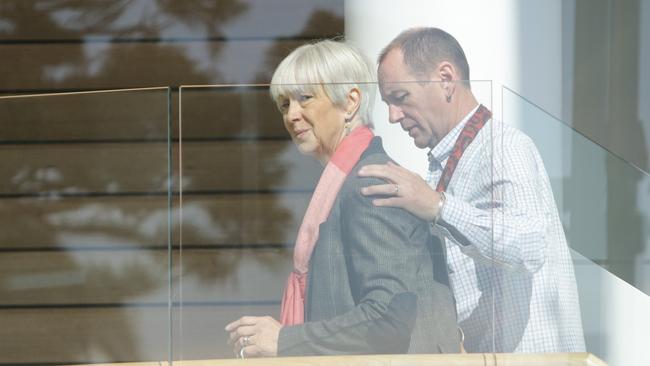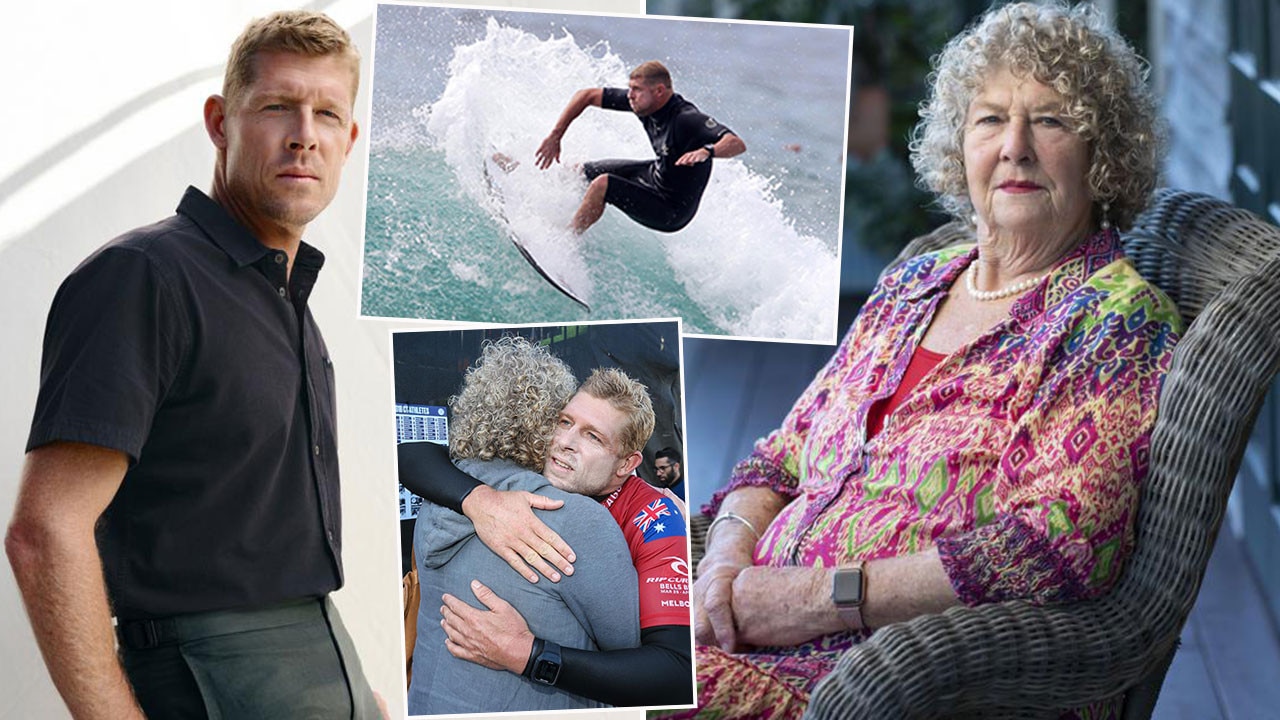Equestrian inquest told medic called for better equipment
A medic who battled to save teenage equestrian Olivia Inglis after she was crushed by her horse had begged the boss of a private health contractor for better life-support equipment.

NSW
Don't miss out on the headlines from NSW. Followed categories will be added to My News.
A medic who battled to save teenage equestrian Olivia Inglis after she was crushed by her horse had begged the boss of a private health contractor for better life-support equipment.
Former army medic David Keys yesterday told the NSW Coroner’s Court that Health Services International owner Paul Taylor said his demands were “too cost-prohibitive”.

Keen equestrian Olivia, 17, died when horse Coriolanus fell on top of her at a cross-country horse trials event in Scone on March 6, 2016.
Seven weeks earlier, rider Caitlyn Fischer, 19, also fell and was crushed to death by her horse at another cross-country event.
Turning to both families, as the inquest looked into the circumstances surrounding the deaths, Mr Keys said: “I wanted to express my condolences to the families — I know the pain you must be going through.
“I hope the changes made here give you some resolve in moving forward.”
MORE NEWS:
Flowers for Blanche: Shorten remembers Hawke
Man in bizarre love triangle murder dies of brain tumour
Phelps caught in pricey taxpayer cars through eastern suburbs
Mr Keys, who is trained in advanced life support, said he was hired by the now-defunct HSI — which provided first-aid services to sporting and other events — to work at the Scone horse trials as a basic first-aider, although he held higher qualifications.
When the radio call came through that there had been a serious fall, Mr Keys raced in an ambulance to jump 8 where Olivia lay on the ground, and began using a mask to clear her airways.
“It but it wasn’t the best suction equipment ever used, it was extremely frustrating — it didn’t have much power at all,” he told the inquest.
“I had raised concerns a couple of times and said we should be two-up to the owner Paul Taylor, we should have had at least one paramedic and one occupational first-aider working the event.
“I also raised with the company about the basic life-support equipment … He said it would be too cost-prohibitive, he said no one would pay for it.”

Earlier, the inquest heard that Eventing NSW president, champion equestrian and course designer Shane Rose had deemed the vertical jump fence, where Olivia’s horse fell, to be safe.
Olivia’s mother Charlotte, of the well-known Inglis thoroughbred sales company, wiped her eyes as Olympic silver medallist Mr Rose said the combination of terrain and fences could “possibly” have caused the accident.
But he said he’d walked the course three days earlier and believed jump 8 was “safe”, and a year earlier had signed off on it as being compliant with international guidelines. The court has heard Mrs Inglis, a respected rider, had expressed concerns with Mr Rose about five jumps as they walked with Olivia to the warm-up area.
Mr Rose yesterday said he didn’t consider the fence “a true vertical jump”.
“I believe it was safe,” he said. “It was on a slight downhill, as opposed to steep.”
But while he’d had no safety concerns when he walked the course, he admitted less experienced riders might struggle at jump 8.
“The design of the fence upon reflection was problematic for Olivia’s horse ... a mistake was made and an accident happened,” he said.
“Riders less experienced than me might be intimated by many things — the stride, the downhill, the thinner rails.”
Originally published as Equestrian inquest told medic called for better equipment


